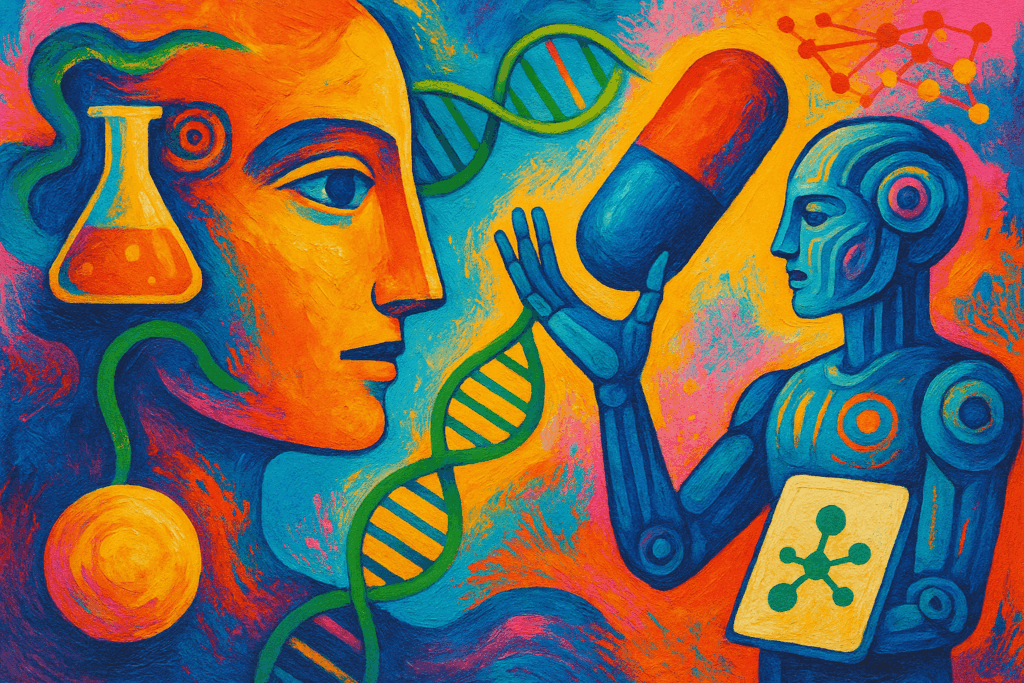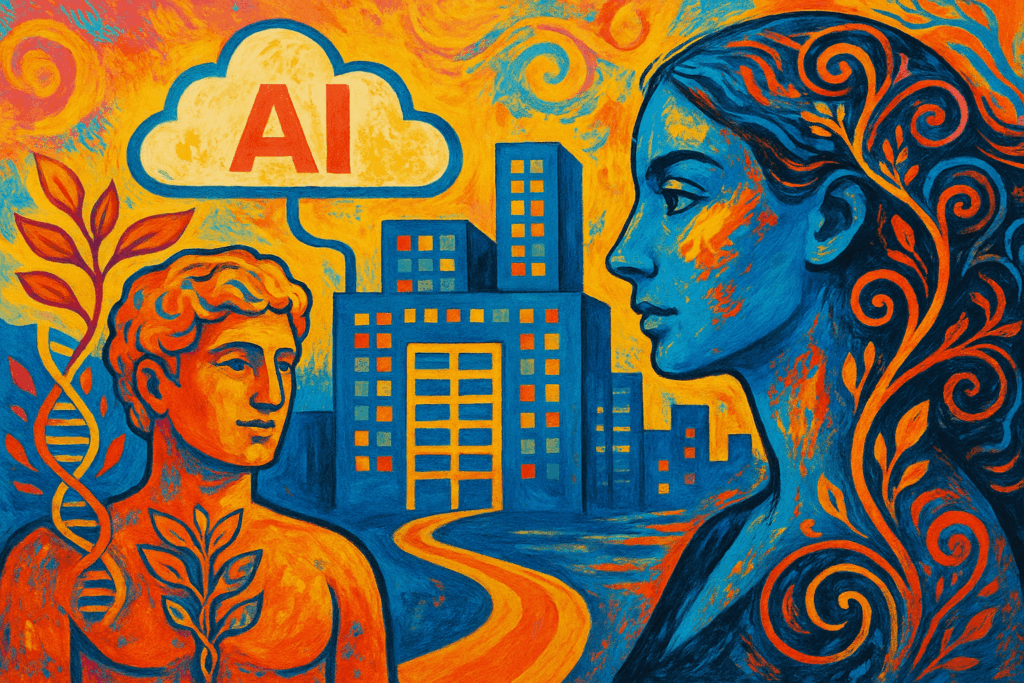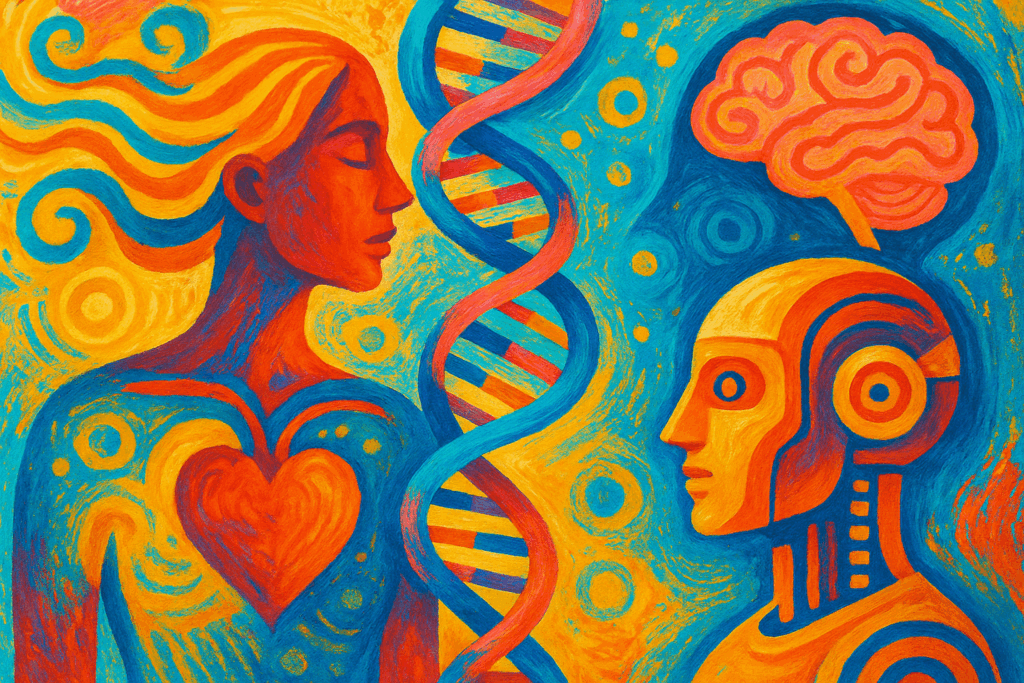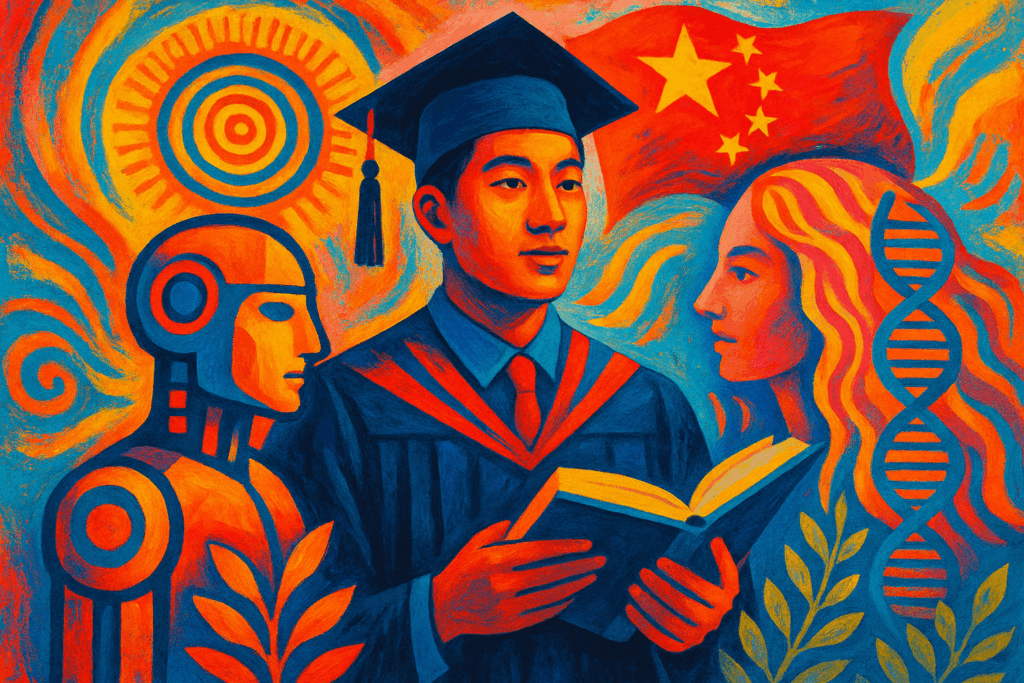A Paradigm Shift in Drug Discovery
Artificial intelligence, particularly machine learning, is driving a significant shift in drug discovery within biotechnology. Traditional drug development is time-consuming and expensive, often taking years with uncertain outcomes. AI introduces faster, data-driven approaches that reduce this timeline by predicting promising drug candidates early in the process. This shift matters because it increases efficiency and offers new hope for developing treatments for complex diseases.
How AI Is Reshaping Drug Development Processes
Machine learning algorithms analyze vast datasets, including molecular structures and biological interactions, to identify potential drugs with higher accuracy. For instance, AI models can simulate how molecules fold and interact at a scale unfeasible for humans, enabling researchers to pinpoint effective compounds swiftly. This practical application leads to quicker hypothesis testing and lowers R&D costs, directly impacting how new medicines reach patients.
Looking Ahead: The Future Impact on Health
Moving forward, AI-driven drug discovery promises to make personalized medicine more accessible by tailoring treatments to individual genetic profiles. However, challenges such as data privacy, ethical considerations, and regulatory adjustments remain. Addressing these will be essential as AI continues to shape biotechnology and healthcare innovation. The ongoing integration of AI tools is set to redefine what is possible in treating diseases with precision and speed.




